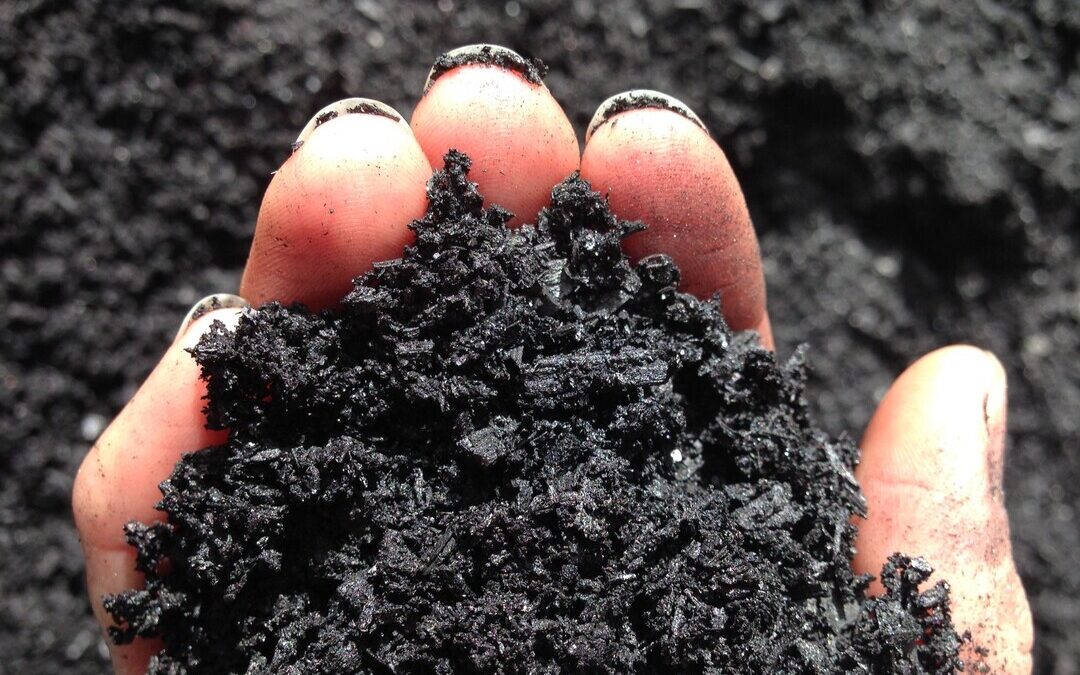Google Inks Record Deals to Use Biochar for 200K Tons of Carbon Removal
Google signs record biochar deals to remove 200,000 tons of CO2 by 2030, advancing climate tech for net-zero goals.
Tech giant Google announced on Thursday two landmark agreements to purchase 200,000 tons of biochar-based carbon removal by 2030, marking the largest deals of their kind to date.
The partnerships with New Delhi-based Varaha and California-based Charm Industrial represent a significant step toward scaling biochar to address global carbon emissions.
The agreements, which will see Google purchase 100,000 tons of biochar carbon removal from each company, are part of the tech giant’s broader efforts to reach net-zero emissions. These moves also aim to spur the growth of biochar production globally, aligning with initiatives to combat climate change.
Biochar is a carbon-rich material produced by heating organic waste — such as agricultural residues — in a process called pyrolysis, which occurs in a low-oxygen environment. The resulting product can be used as a soil amendment to improve fertility and retain water while sequestering carbon for centuries.
“With these partnerships with Varaha and Charm, we’re adding biochar to a growing toolkit of carbon removal solutions Google supports,” said Randy Spock, carbon removal lead at Google, in his blog.
Transforming carbon removal
Biochar is gaining traction as a key component in addressing climate change due to its dual benefits of improving soil health and storing carbon long-term.
Unlike emissions reduction efforts, carbon removal focuses on actively extracting carbon dioxide from the atmosphere to offset unavoidable emissions.
These deals come as part of Google’s strategy to expand the availability of nascent carbon removal technologies.
Alongside investments in direct air capture and enhanced rock weathering — a process that accelerates natural mineral weathering to capture CO2 — Google is a founding partner in Frontier and Symbiosis, coalitions aimed at driving innovation in the carbon removal sector.
While Varaha focuses on scalable, nature-based carbon solutions tailored to the agriculture sector, Charm specializes in converting biomass into bio-oil and biochar, enabling underground and soil carbon storage.
As more companies seek to neutralize emissions, the global carbon removal market is expected to expand rapidly, creating opportunities for technologies like biochar to contribute to sustainable agriculture and climate mitigation.
Also Read:
EsgTimes News Network
Related posts
Subscribe
Error: Contact form not found.


